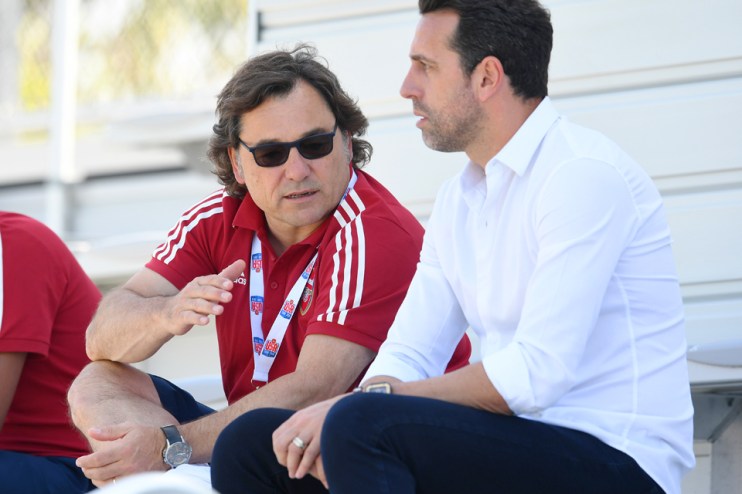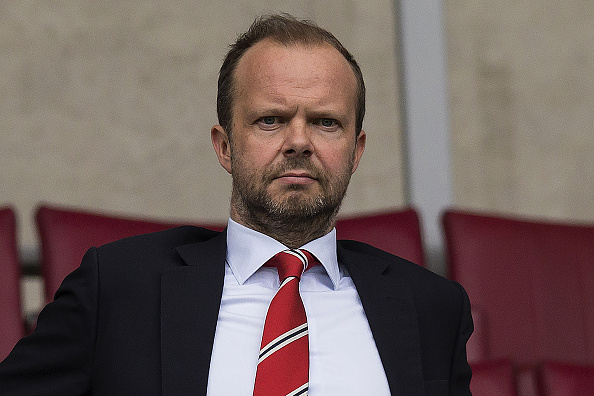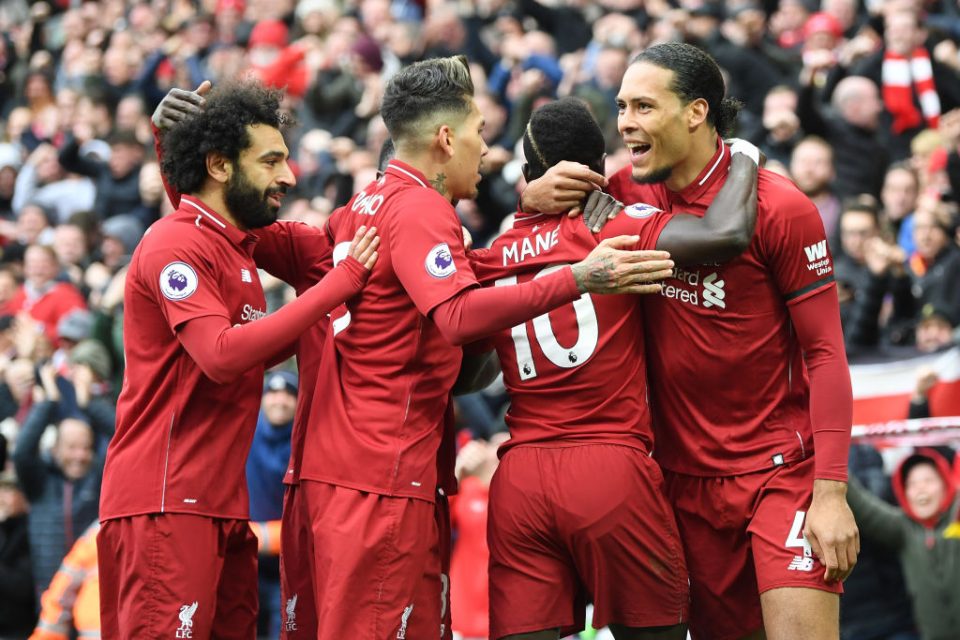Arsenal and West Ham among latest Premier League clubs proving why a director of football is now necessary

They go by a number of titles, working tirelessly throughout the transfer window to recruit the best players and maximise value. Whether labelled as sporting director, director of football or something else, the responsibilities are similar.
The position is a growing phenomenon in England, and in some instances those in the role are becoming cult figures for the work they do off the pitch. Such is the case with Arsenal’s head of football, Raul Sanllehi, dubbed “Don Raul” by some fans.
For the first time since David Dein left in 2007, Arsenal have a director whose primary purpose is to navigate the ever-growing complexities of the transfer market, working in union with new technical director Edu, head coach Unai Emery and contract negotiator Huss Fahmy.
Since the departure of Arsene Wenger, who had been effectively covering the remits of several people, there is a new decisiveness about the Gunners’ business.
A pragmatism that did not allow club captain Laurent Koscielny to leave on a free despite him downing tools, that sold surplus players Carl Jenkinson and Krystian Bielik for decent fees, and signed Nicolas Pepe, Kieran Tierney and David Luiz, who on paper look like quality additions.
The upheaval among Arsenal’s hierarchy appears to have eased the post-Wenger transition, putting the club on an upward trajectory for the first time in more than a decade.
United’s struggles
In contrast, Manchester United are still struggling to adapt six years after Sir Alex Ferguson’s departure, and are yet to find a director of football.
The search for one is back underway following the close of the transfer window, but United’s transfer business under executive vice-chairman Ed Woodward has been fiercely criticised.

Since Ferguson retired in 2013, United have spent £948m on new additions, including £68m Angel di Maria, £53m Fred and in excess of £30m each on Morgan Schneiderlin, Memphis Depay, Henrikh Mkhitaryan and Eric Bailly.
It is a process that left Jose Mourinho at his wit’s end and United lagging behind rivals, including Manchester City, whose recruitment has been impressive since the appointment of Txiki Begiristain as director of football in 2012. City have only spent marginally more than United, albeit in excess of £1bn.
Similarly, Liverpool have been astute under sporting director Michael Edwards, who landed the role in 2016.
In addition to successful signings Mohamed Salah, Sadio Mane and Virgil van Dijk, the club has sold well too, offloading the likes of Danny Ings, Dominic Solanke and Mamadou Sakho for considerable fees, not to mention Philippe Coutinho’s £130m transfer to Barcelona.
As a sporting director, Edwards’ remit extends further than a typical director of football, but it is another illustration of the impact a dedicated recruiter can have, regardless of titles.

Transfer overhauls
There is a similar story in east London, where West Ham overhauled their transfer operations last summer by hiring Mario Husillos.
Hammers manager Manuel Pellegrini and director of football Husillos previously enjoyed success together at Malaga, reaching the Champions League quarter-finals.
They are yet to reach those dizzy heights at the London Stadium, but initial acquisitions of Felipe Anderson, Issa Diop and Lukas Fabianksi proved savvy business and this summer they have delivered again, replacing 30-year-old serial agitator Marko Arnautovic with the younger Sebastian Haller for a net outlay of £13.8m and signing highly-rated Pablo Fornals from Villarreal.
Everton, too, have had positive transfer windows since the appointment of Marcel Brands as director of football last year.
They have since signed ex-Barcelona trio Lucas Digne, Andre Gomes and Yerry Mina, as well as Richarlison, Alex Iwobi, and what could prove to be a sensational coup in Moise Keane, who joined from Juventus for £25m.
While a director of football is no guarantee of conducting good business – and other idiosyncratic systems such as Tottenham’s have their own merits – this greater specialisation of roles appears to be aiding those English clubs to have restructured.
Main image credit: Getty images